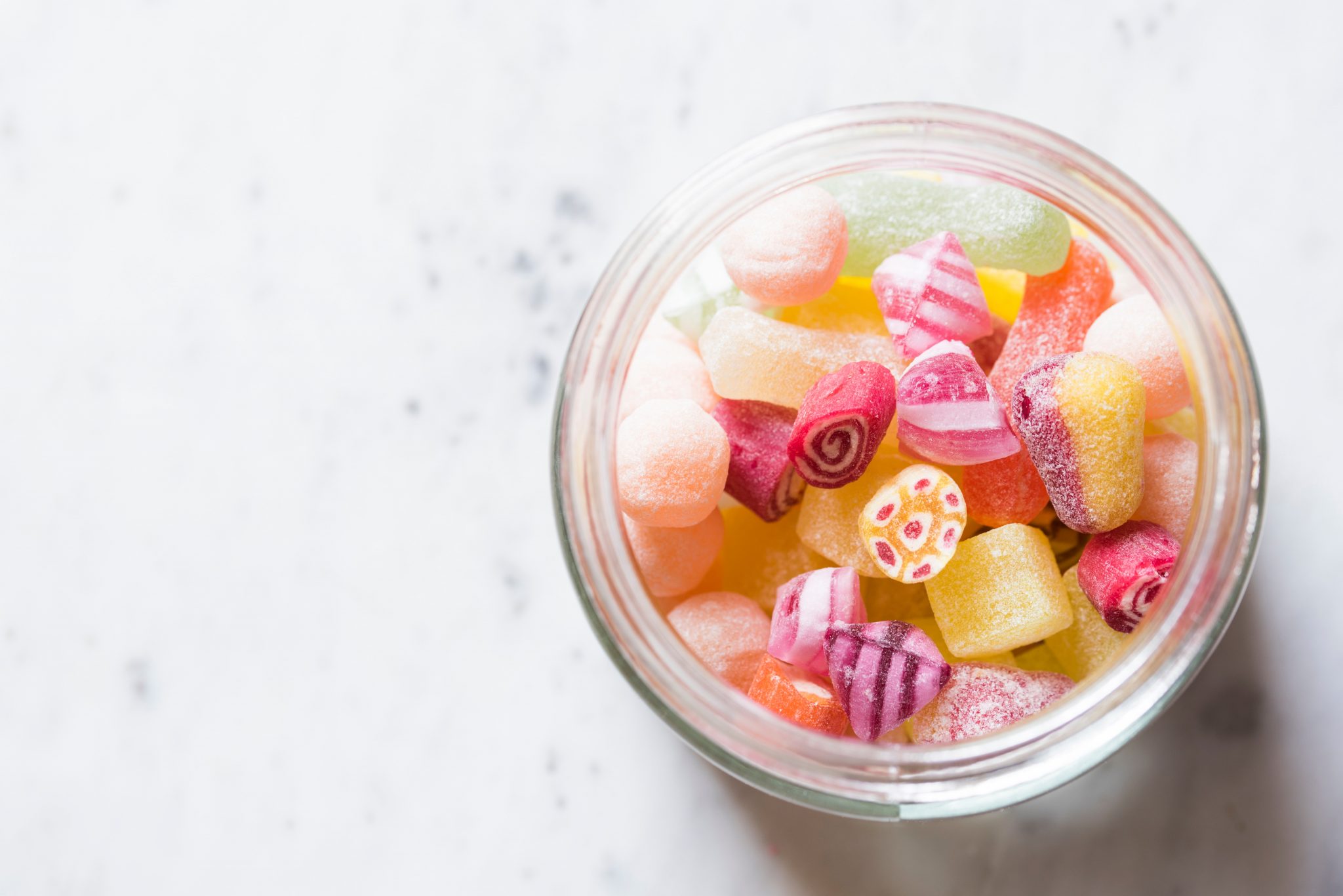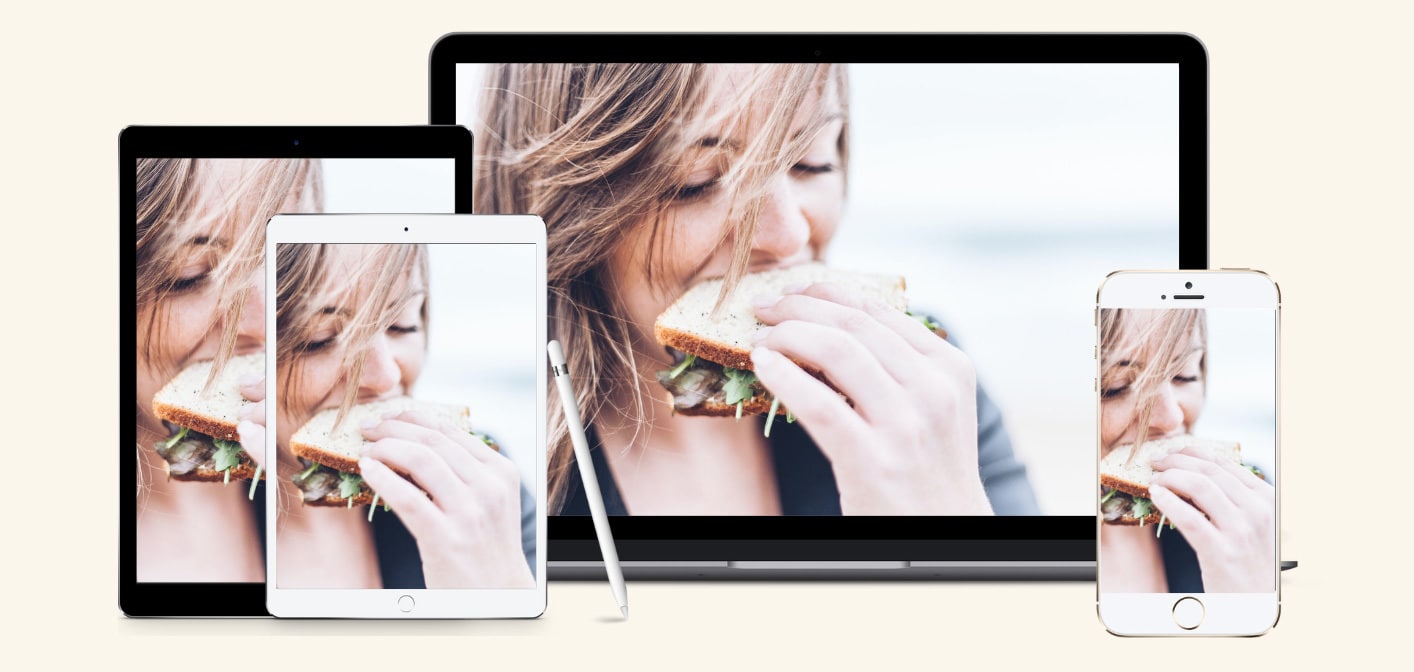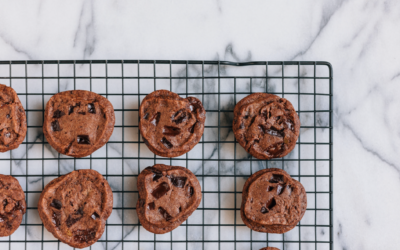
When clients first come to me, I often hear “I am addicted to sugar”. They question whether sugar addiction is a real thing and if so, whether they should go cold turkey to quit.
Quitting seems a logical solution, given that it is often the advice for someone with drug and alcohol addiction. In this article, I am going to break down what sugar addiction is, why you crave sugar and some tips to overcome feeling like you have a sugar addiction. I aim to answer your question “am I addicted to sugar”.
Firstly, what is addiction?
This is a complex question because the definition of addiction is controversial.
In short, you can have two categories of addiction:
- A substance addiction such as drugs, alcohol or tobacco
- A non-substance behavioural addiction such as gambling
It has been suggested that some foods with “addictive agents”, such as salt, fat and sugar, could result in people showing the same symptoms as someone with drug addiction. There have even been media reports suggesting that sugar addiction is a thing and that it’s as addictive as heroin and cocaine. But the reality is that there are not many studies that have examined sugar addiction specifically in humans – the studies that do exist have been carried out in rodents.
Sugar addiction – is it the same as being addicted to drugs?
Chances are that you have already googled “am I addicted t sugar”. After reading a ton of contradictory information, you may think sugar addiction and drug addiction manifest the same symptoms.
Well let’s look at it in detail.
If we were to go by the Diagnostic and Statistical Manual of Mental Disorders, Fifth Edition (DSM-5), it diagnoses a Substance Use Disorder (substances such as tobacco, alcohol, drugs) based on 11 symptoms. These can be grouped into four categories:
- Impaired control: symptoms relate to cravings and a strong desire to use the drug or failed attempts of cutting back on drug use.
- Social issues: symptoms relate to situations where the person’s work, home and social life is disrupted due to continued drug use.
- Risky use: symptoms relate to a person’s continued use of the drug despite the known negative consequences.
- Drug physiological effects: symptoms of tolerance (the body requires more of the drug to produce the same effect) and withdrawal (the body shows withdrawal symptoms when the drug is no longer in the body and a tolerance has developed
So could some of those symptoms occur with a “sugar addiction”? After reading this, you may think so!
For example:
- Do I have cravings and a strong desire to eat sugary foods? Yes!
- Have I repeatedly attempted to cut back or “quit” sugar? Yes!
- Do I feel so “out of control” with food that I’m not in the mood to attend social events? Yes!
But let’s pause for a second. For a substance use disorder diagnosis, the symptoms need to cause “significant impairment or distress”.
And anyone who is experiencing significant distress such as this related to eating patterns, is more than likely going to be diagnosed with an overall eating disorder, which is very different to suggesting that someone is addicted to sugar in the same way that someone is addicted to drugs.
Another key part of a diagnosis, is that the symptoms produce physiological effects. Drug taking can cause people to develop withdrawal and tolerance symptoms. The good news is that there has never been a human study to show that sugar (or any nutrient for that matter, except for caffeine) produces tolerance or withdrawal effects.
So am I addicted to sugar if I crave it all the time?
There are a number of reasons why you may feel addicted to sugar. Here are some reasons why:
1) Restriction
The root cause of feeling out of control around food is restriction, not food addiction. We know this because as soon as we deprive ourselves from a food, we want the food even more and there a number of studies to support this (see my recent article with the research on how to stop food obsession). We subsequently eat more of it than we would have if we’d just allowed ourselves to eat in the first instance! Following food rules that restricts intake of our “forbidden foods” can lead to excessively focussing on those foods which just exacerbates disordered eating.
You may have heard that in animal studies, sugar is addictive. However, these studies fail to emphasise, that the animals have actually been deprived of sugar. So of course they ended up “bingeing” on it when they were allowed it again. The group of rats that were deprived, actually ate the same amount of sugar in a 12 hour period compared to a group of rats that weren’t deprived over a 24 hour period. What’s the moral here? Eat the sugar!
2) Food is pleasurable (which is not a bad thing!) and needed for survival
Whilst animal studies might show that the brain reacts in a similar way to when drugs are taken, they fail to recognise that food is something that is needed for survival. Sugar is not a drug – it’s the most basic fuel source we need to stay alive! It is therefore supposed to bring joy. Our brain needs glucose to make sure we can carry out all the required biological functions to keep us alive. So how could we be addicted to something that we need to function?
The same centres light up when we have sex, when we stroke a puppy or even when we win or anticipate winning money. Does that mean we are addicted to sex, puppies or money? No.
Where does that leave us?
Studies in this field are still in their infancy, and of the research that does exist, it is limited to animals.
Also, it is difficult to confirm that sugar, as a standalone nutrient, is addictive as we rarely consume this on its own. Sugar is in starchy foods such as potatoes, breads and pastas as well as in fruit, vegetables and dairy products. Things we usually eat in conjunction with many other things!
In saying all of this, I do not want to lessen the struggles that some people may feel they have around food. It is still possible to feel “out of control” around sugar and overeat sugary foods, but it is unlikely to be addiction. It’s more likely to be rooted in restriction.
If you feel this is you, Intuitive Eating is a gentle evidence-based approach that doesn’t require going cold turkey. This framework has helped people reduce overeating or binge eating because it teaches how to identify hunger and fullness signals without restricting food.
Intuitive Eating requires time and patience, but also the right support from someone qualified. A Registered Dietitian and Certified Intuitive Eating Counsellor is a good place to start. If you’d like to know more about what you can start to do today to overcome your difficulties with feeling addicted to sugar, check out my free 20-minute audio download below.
Please note: if after reading this, you think you might have an eating disorder, I encourage you to visit your GP to discuss this. You can also listen to this in depth YouTube interview on sugar addiction that I share on sugar addiction to find out more of the juicy details!
References throughout text.





